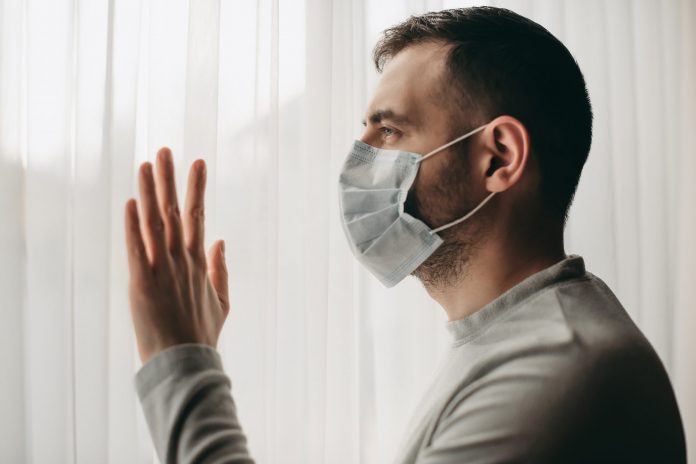According to research published in The Medical Journal of Australia, approximately one in five Australians experienced an increase in depression at the beginning or during the Covid-19 pandemic, indicating the need for clinical and public health strategies to mitigate these negative impacts of the pandemic and similar disasters.
Researchers from the Australian National University in Canberra, led by Professor Philip Batterham from the Centre for Mental Health Research, set out to estimate initial levels of symptoms of depression and anxiety and their changes during the early months of the Covid-19 pandemic in Australia.
As part of the research, the study participants (1296 Australian adults) received fortnightly surveys starting at the beginning of the Covid-19-related restrictions in late-March 2020 to mid-June 2020.
Professor Batterham and colleagues found that “younger age, being female, greater Covid-19-related work and social impairment, Covid-19-related financial distress, having a neurological or mental illness diagnoses, and recent adversity were each significantly associated with higher baseline depression and anxiety scores”.
“In contrast, few factors were statistically associated with changes in symptoms of depression or anxiety over the seven surveys: degree of direct exposure to Covid-19 was associated with less marked decline of symptoms of depression; being able to work from home and being female were associated with greater declines in symptoms of anxiety,” say the researchers.
Interestingly, the researchers also found that “mean levels of symptoms of depression and anxiety early in the Covid-19 pandemic were higher than estimated by earlier Australian population-based surveys”.
However, Professor Batterham and colleagues also found that most participants in their study “did not experience changes in mental health symptoms during the first three months of the pandemic”.
“[Our results] suggest that distress during the pandemic was transient for most people, and unlikely to lead to increased incidence of depression or anxiety disorders, consistent with previous research on public health disasters.
“Nevertheless, economic and social changes can have a delayed impact on mental health,” they say.
Professor Batterham and colleagues concluded: “Our findings emphasise the importance of the need for greater support and practical strategies for mitigating these risks, as recognising and responding to distress early may alter harmful trajectories.
“Population-based primary and secondary prevention strategies to clinically and socially support vulnerable groups, including increased online and telephone mental health support, should be priorities for health and community services and governments during the Covid-19 pandemic and future crises.”
For more information and to read the research, visit: onlinelibrary.wiley.com/doi/10.5694/mja2.51043









